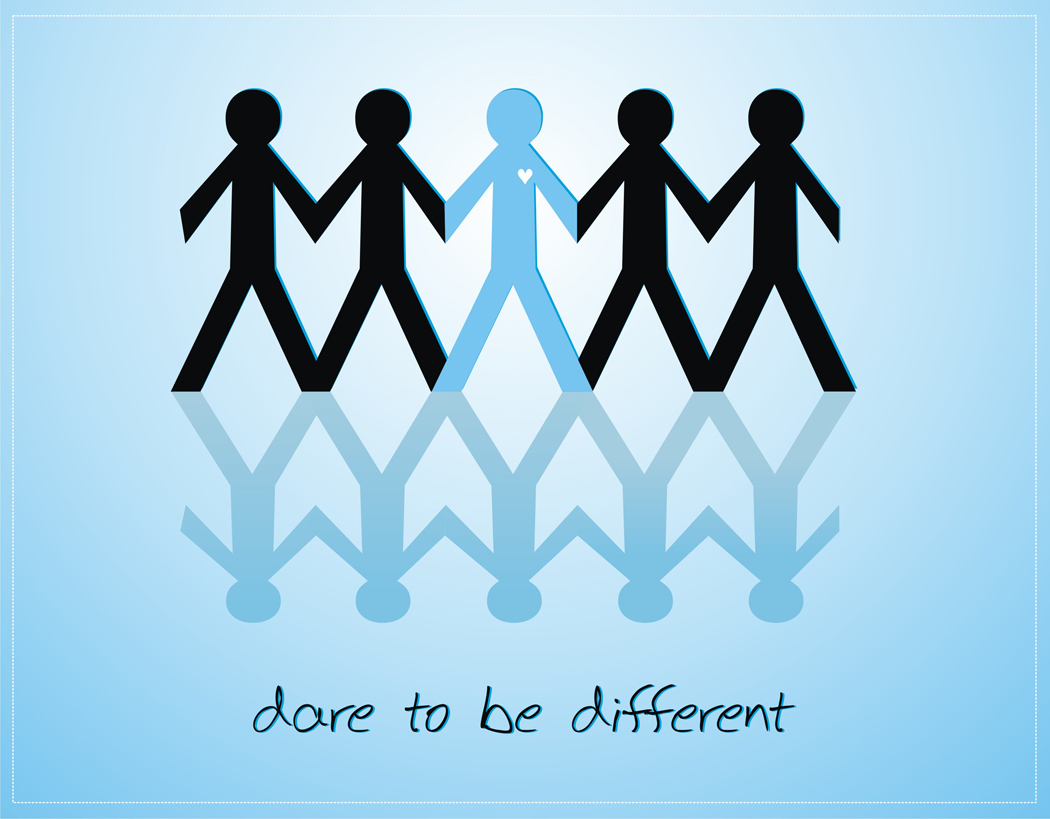Are you prepared to deal with diverse learners in the classroom?
How do you determine your state of readiness? Can you ascertain the different learning
groups present in your classroom? What are some of the strategies you currently
use? How do you ensure that the educational process is fair and offers a
variety of multiple entry points?
Recently, I was in a meeting where the academic performance of
different sub groups were being discussed. As I surveyed the room I couldn't
help thinking of both the students and teachers. If we are to succeed in
helping these students to attain academic success it will require us to do
things differently. The needs of these various learners must be addressed. Here
lies our greatest challenge!
How do we proceed to ensure that the needs of these students are
met? What are some of the programs or strategies that need to be in place to
support our teachers, parents, and students? Alternately, is it fair to assume that there are some teachers who are unable
to do this successfully whether or not they are appropriately equipped?
Over
the years, I have observed that resistance to change comes in many forms. This
includes placing the blame on students, equipment, programs, administrative
support, as well as parents.
I am also reminded of the following quote from Bo Bennett:
"An excuse becomes an obstacle
in your journey to success when it is made in place of your best effort or when
it is used as the object of the blame."
So what will it be?
Have a Great Week!
Petreno
